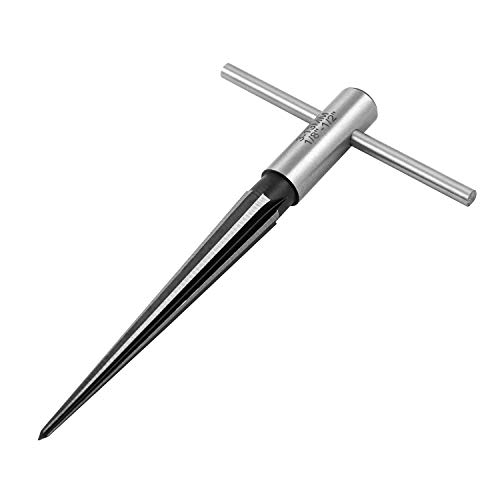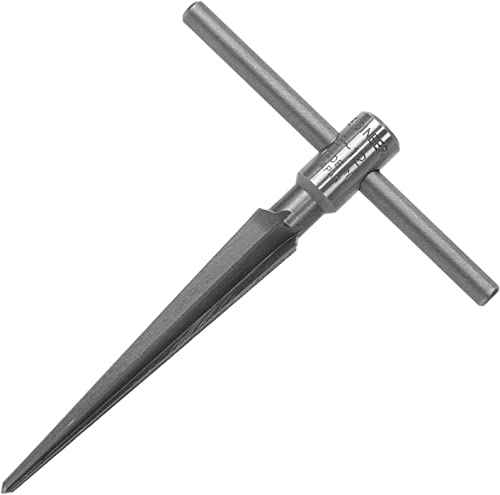Understanding the Basics of Reamers
Reamers, as mechanical tools, are designed to enlarge an existing opening’s diameter, allowing for smooth and precise hole finishing. They can be used for various purposes, such as improving the accuracy of an already-drilled hole or dead centering an axis point. Reamers work through rotation, and they come in assorted shapes and sizes. They also tend to be designed for particular tasks, specific work environments, and materials.
Types of Reamers and Their Applications
There are many types of reamers, including hand reamers, chucking reamers, adjustable reamers, and machine reamers. The suitability of each type depends on the material and hole location. For instance, hand reamers work best on softer materials, while chucking reamers are more effective on harder ones. Adjustable reamers are versatile and designed for reaming holes of various diameters. Machine reamers, on the other hand, are fueled by drill presses or lathes and are ideal for industrial applications.
Common Applications of Reamers
Reamers’ applications vary, but some of the most common include the precision instruments industry, automotive and aerospace engineering, and the medical industry. For instance, in the medical field, reamers are useful for creating accurate holes for bone replacement or prosthetic implants. In automotive engineering, reaming is necessary for creating piston and cylinder holes with required tolerance levels. Lastly, reamers are vital in the production of musical instruments like the trumpet, where every hole’s placement and diameter must be exact.
Advantages of Using Reamers
Using a reamer offers many advantages, with the primary one being the ability to produce a precise hole diameter. Reaming also helps maintain the hole’s perpendicularity, as well as its vibration and concentricity. Additionally, reaming improves surface finish and reduces the likelihood of chipped or buried chips in the hole.
Reamers serve a critical role in various industrial and commercial applications. With their ability to produce smooth, accurately-sized holes with precise tolerances, they are highly prized tools in many industries, from automotive to medical and aerospace engineering. With the right reamer, holes can be drilled precisely, allowing for easy insertion of components with proper fit and functionality. Whether you are in the market for a hand reamer for soft materials or a machine-driven one for industrial applications, understanding the basics of reamers and their applications is essential in determining the right tool for the job.






